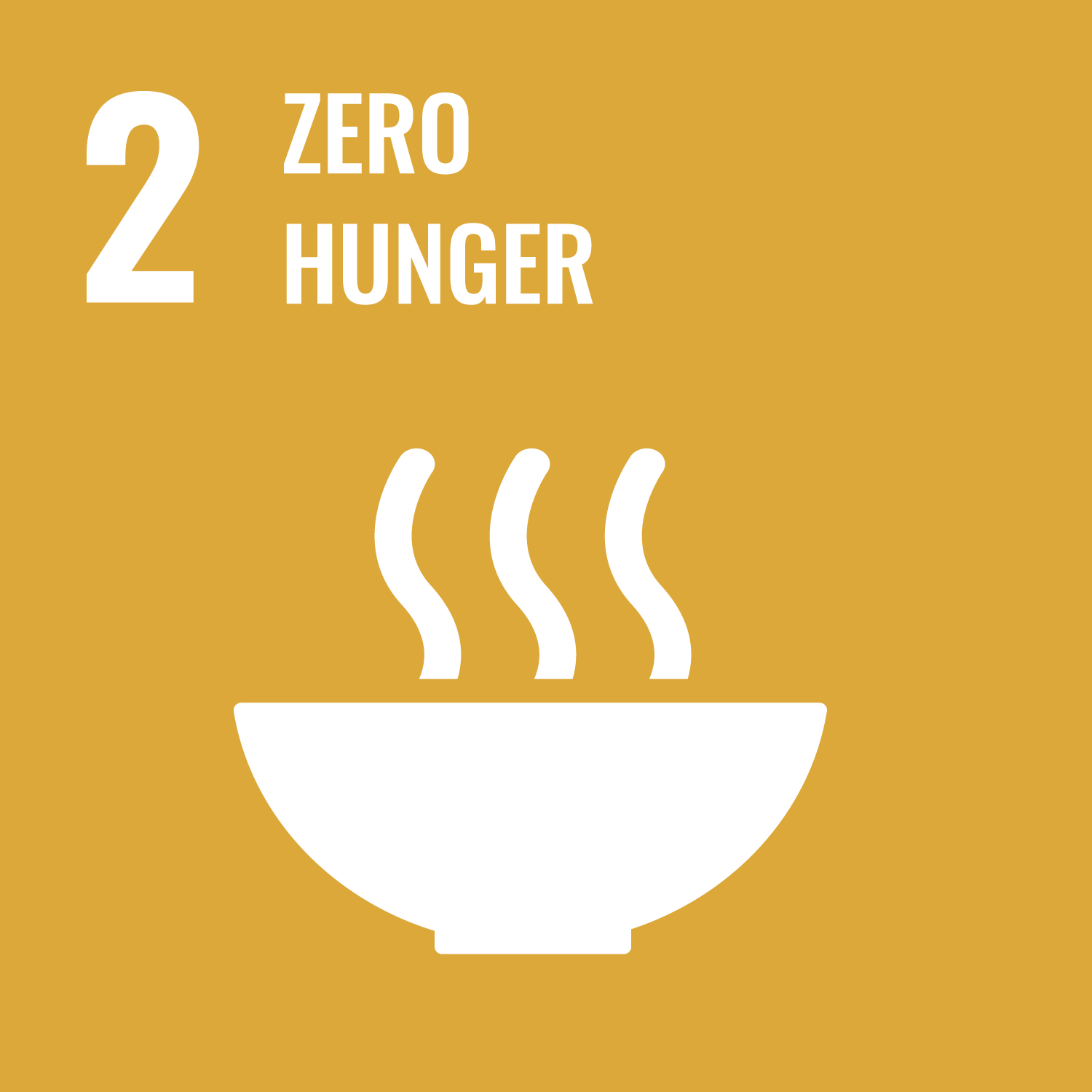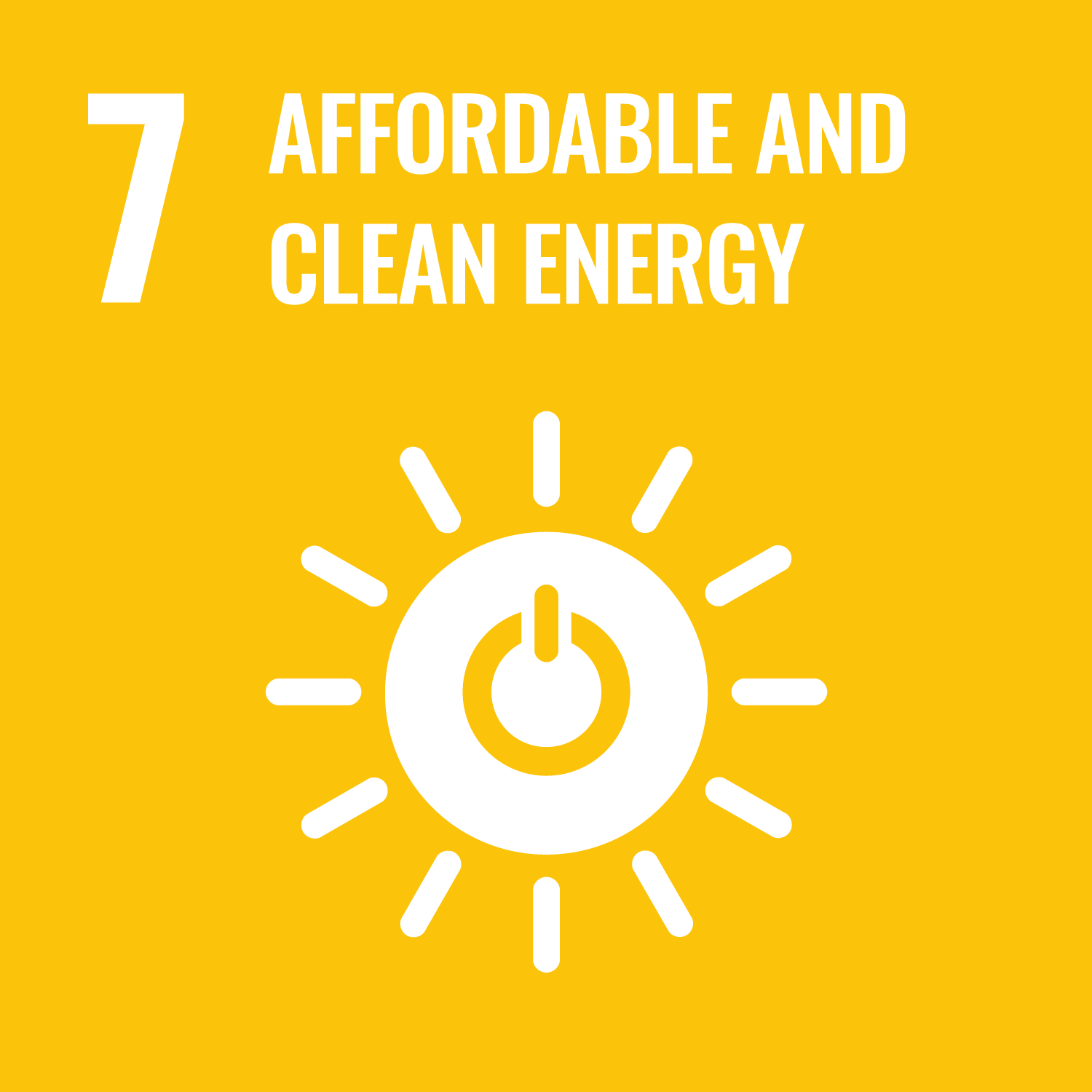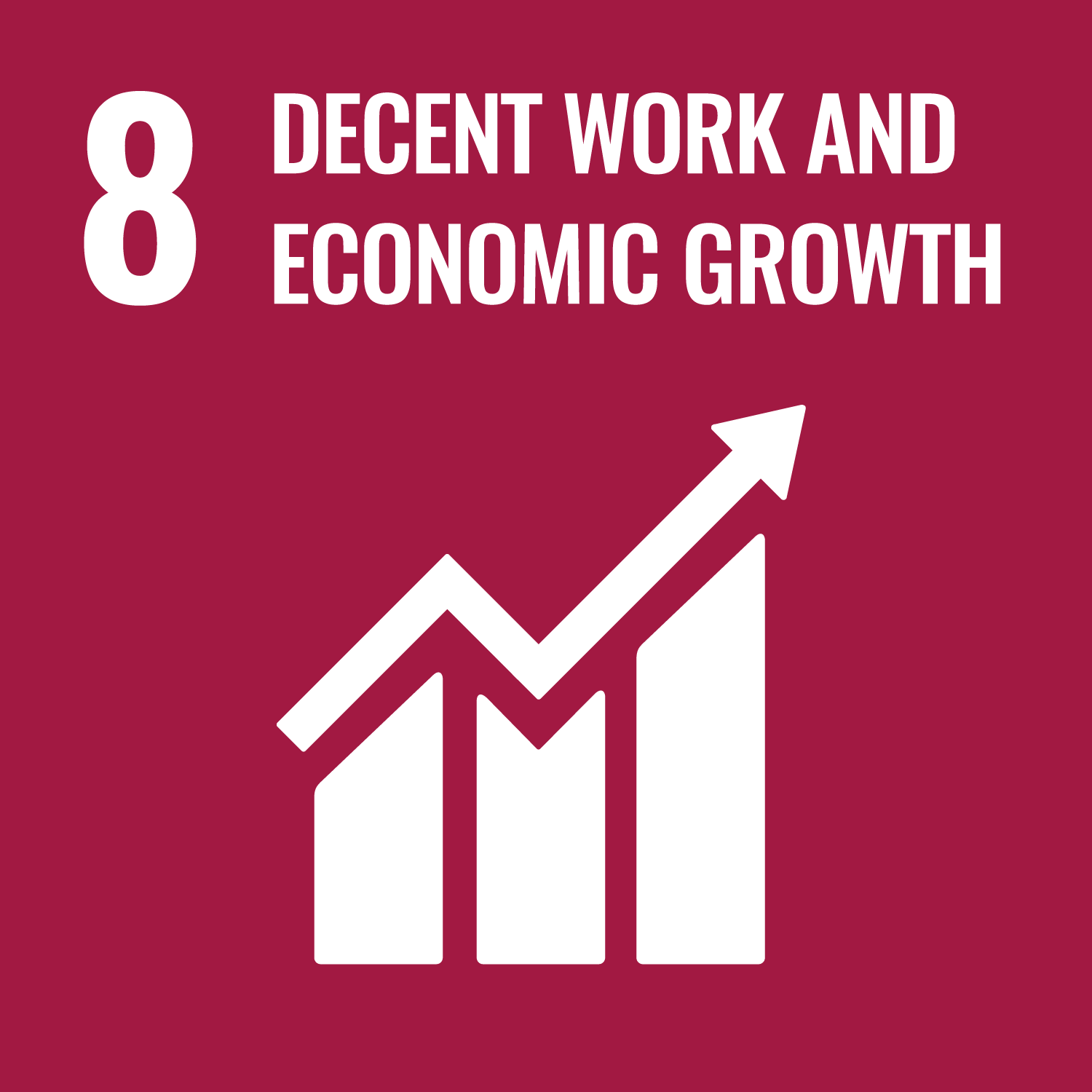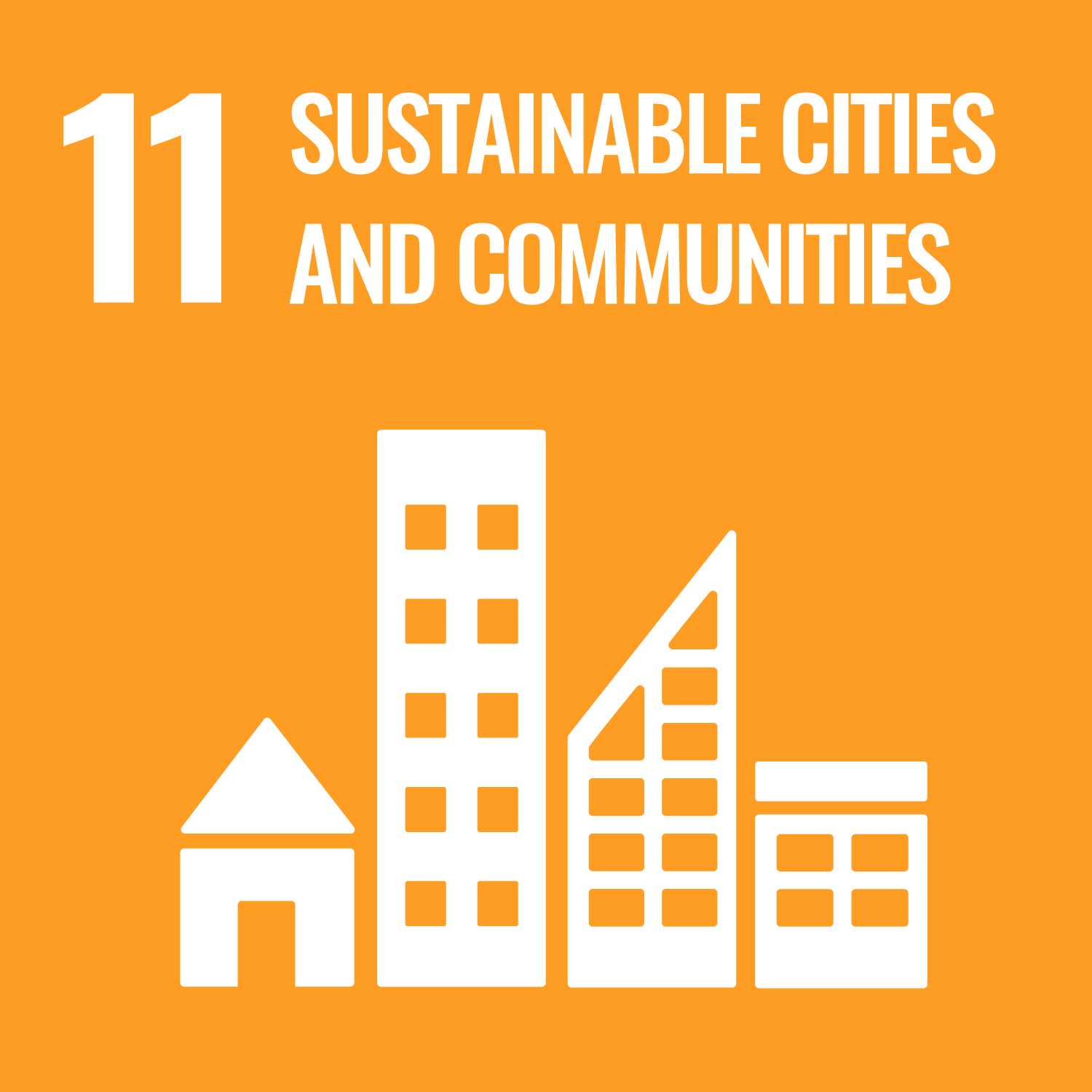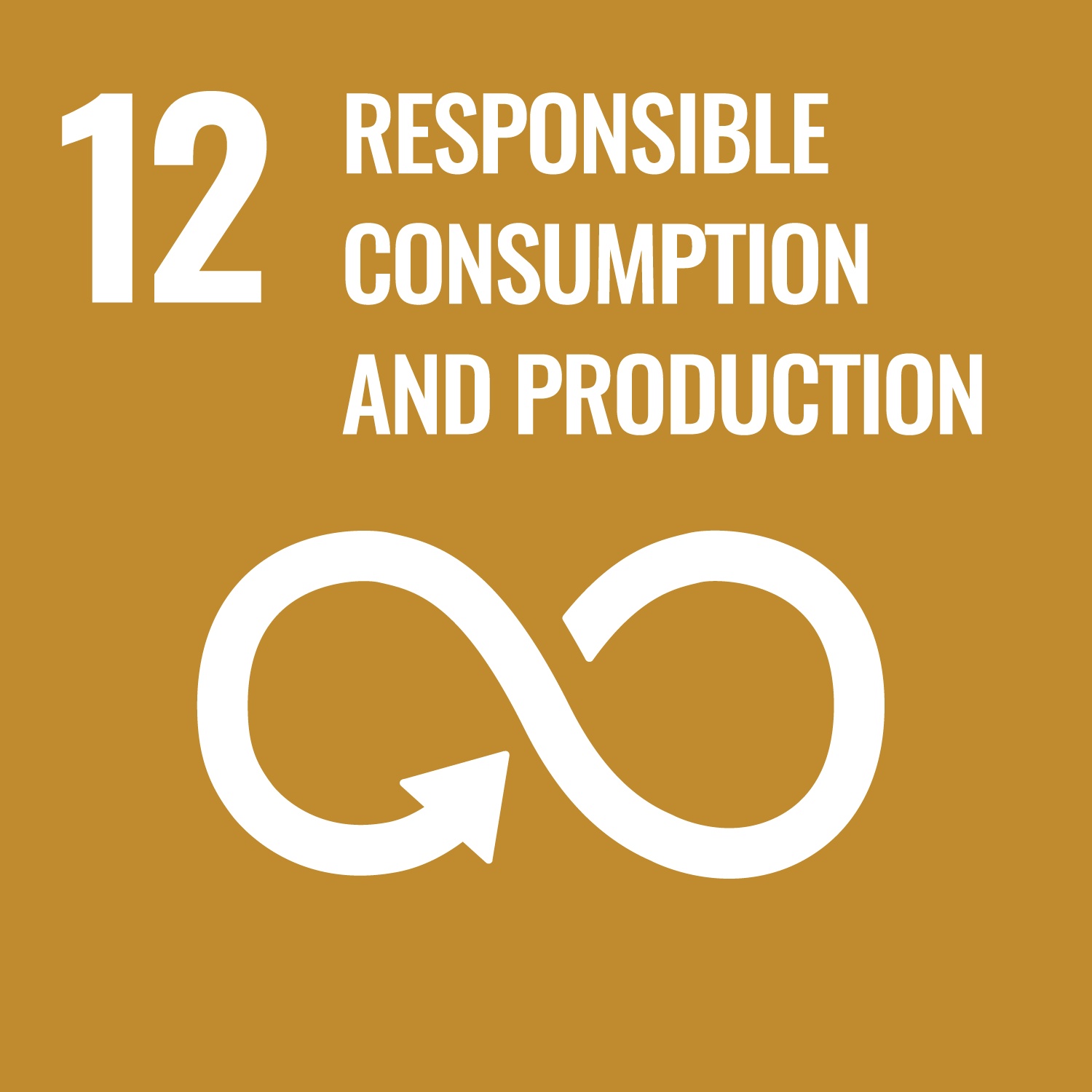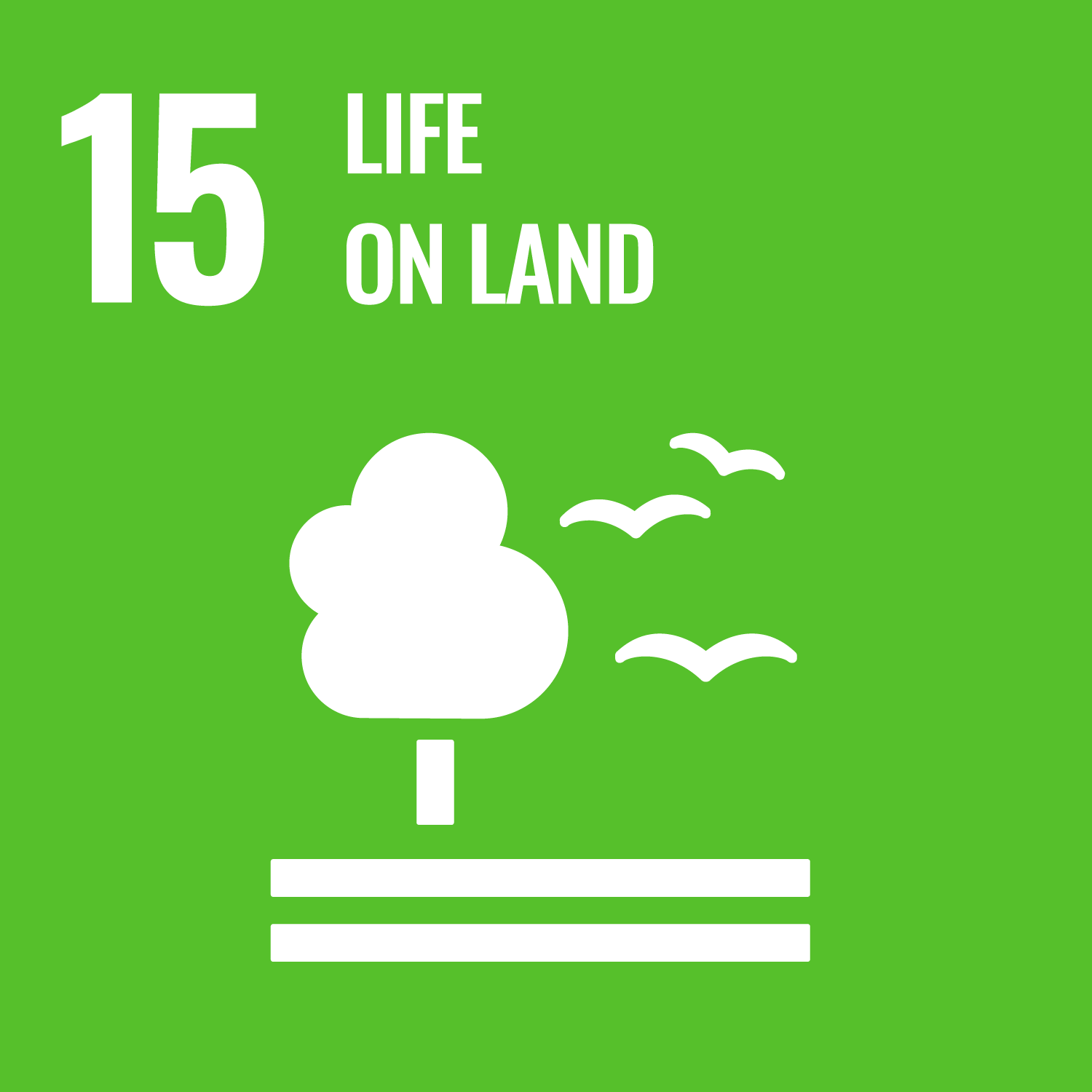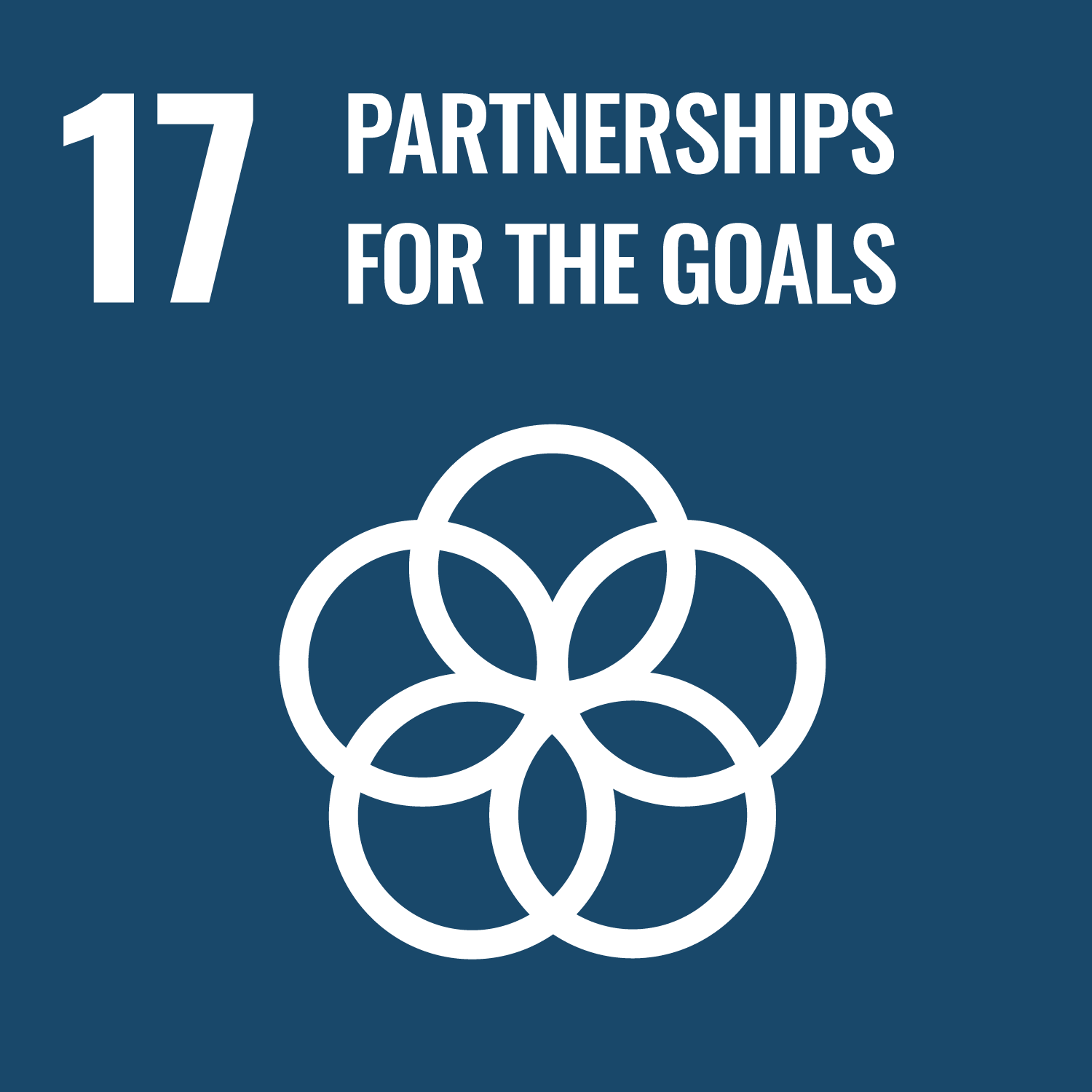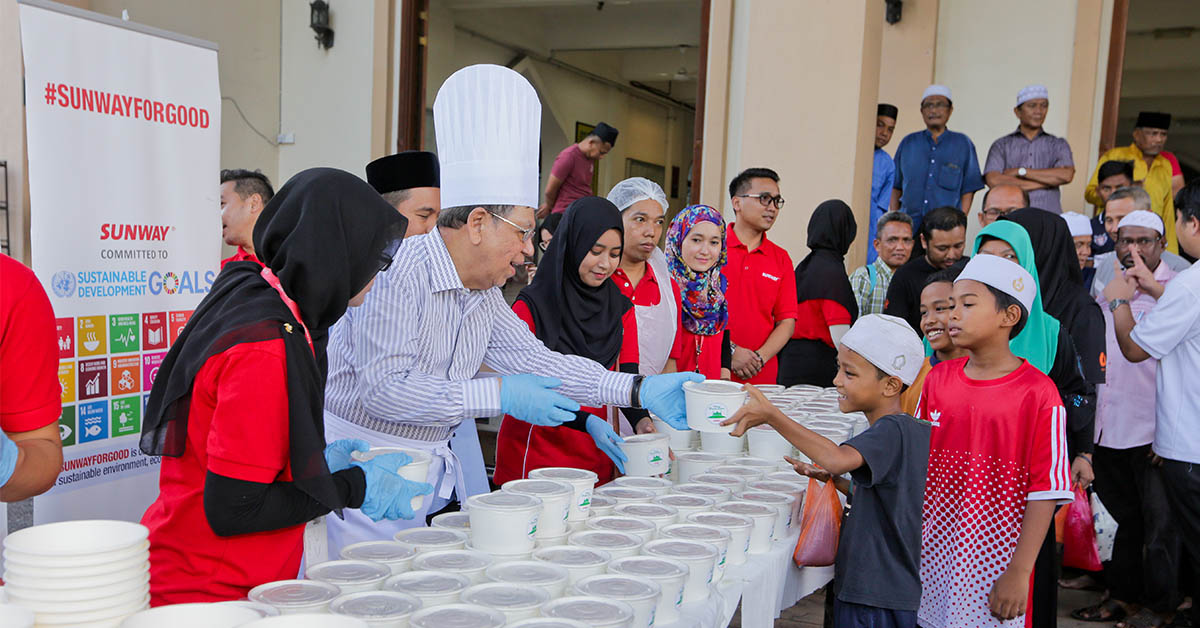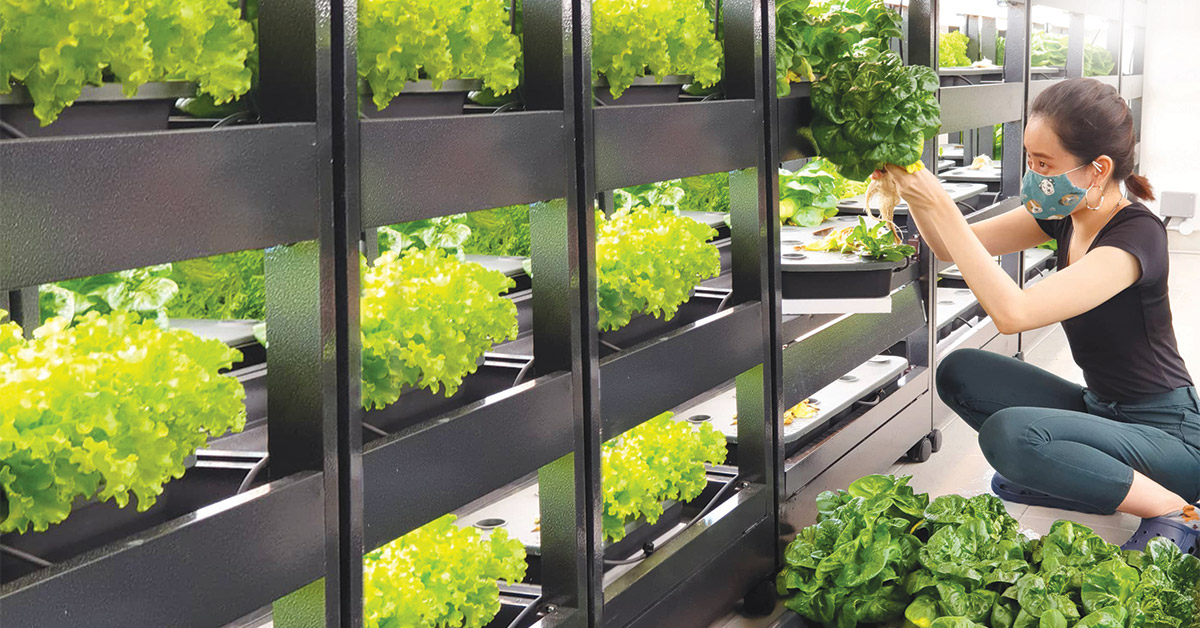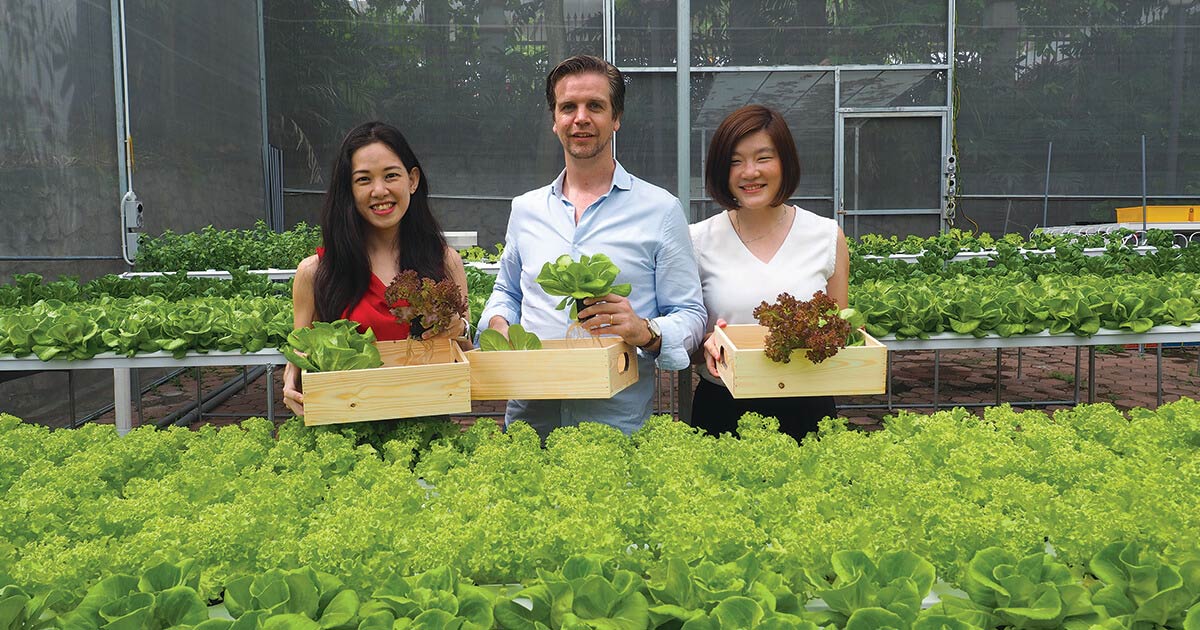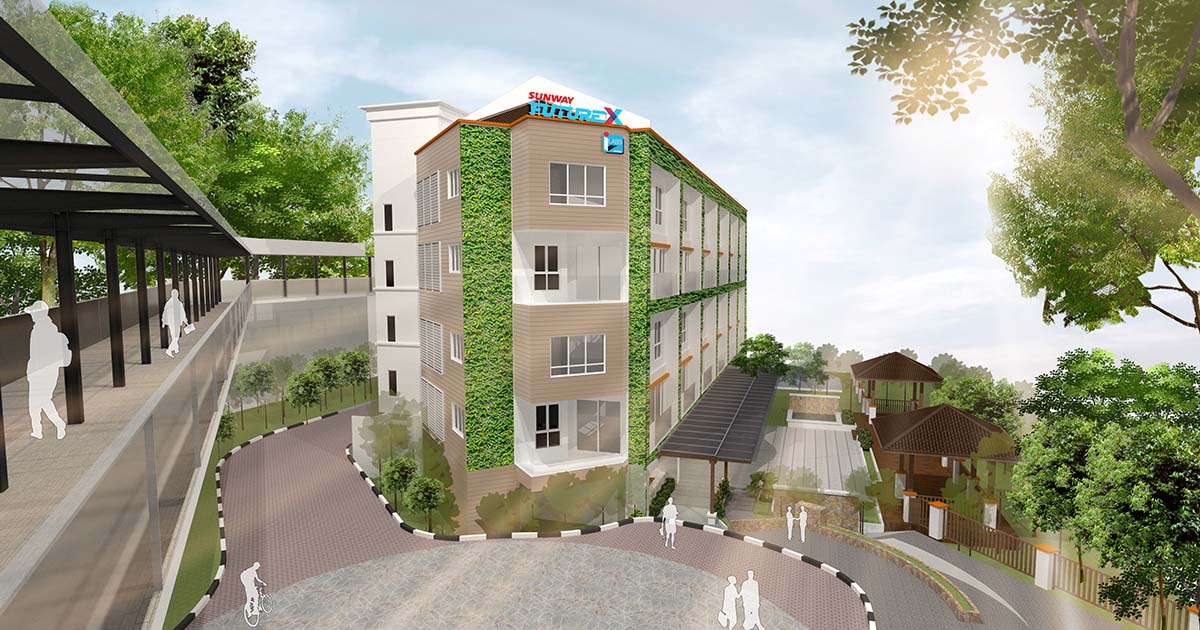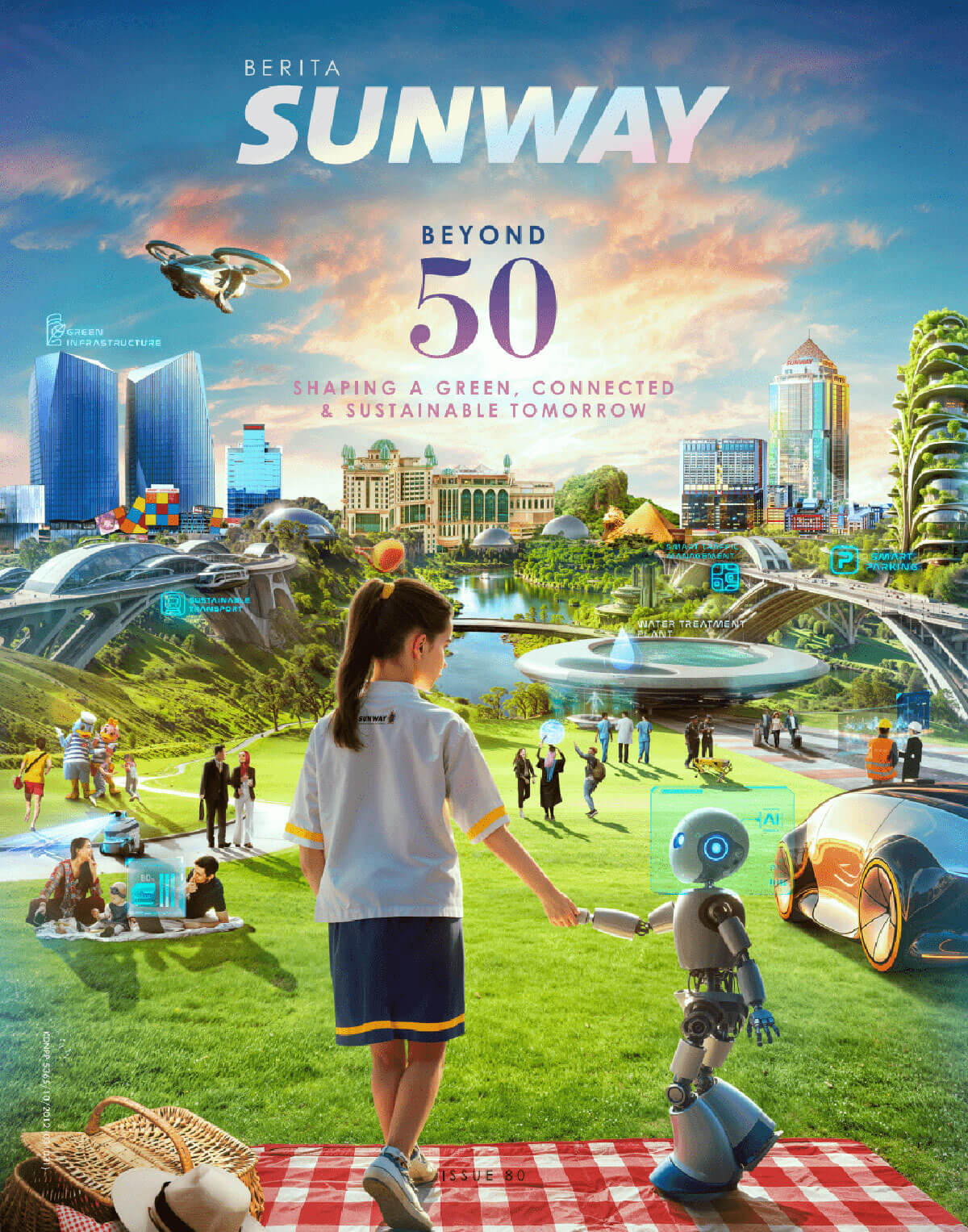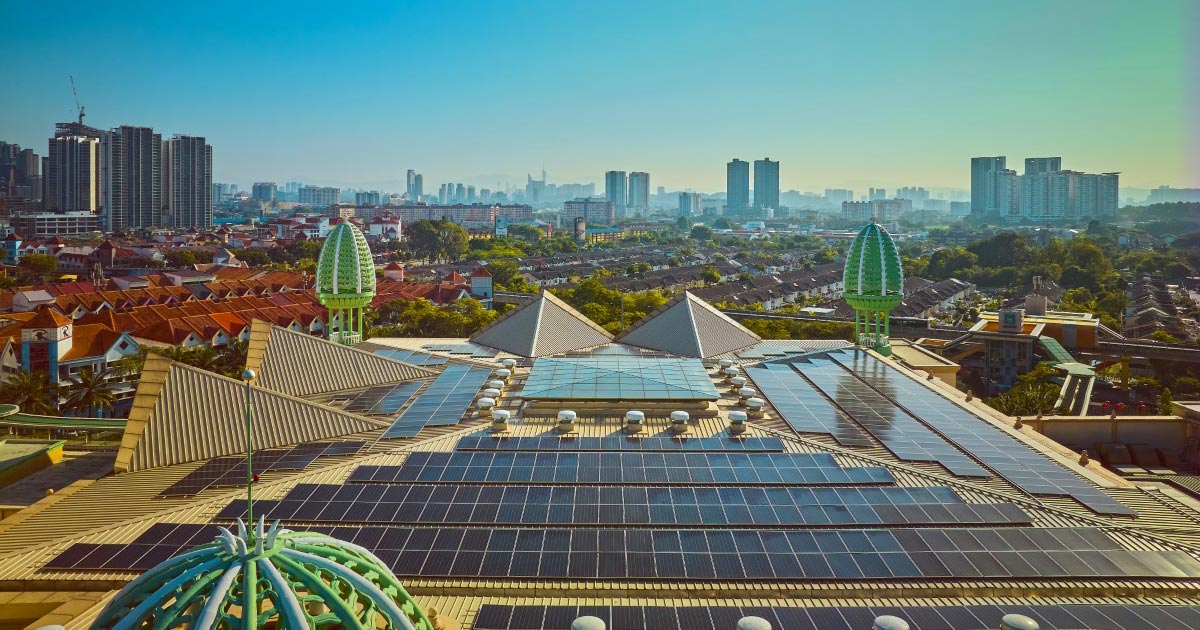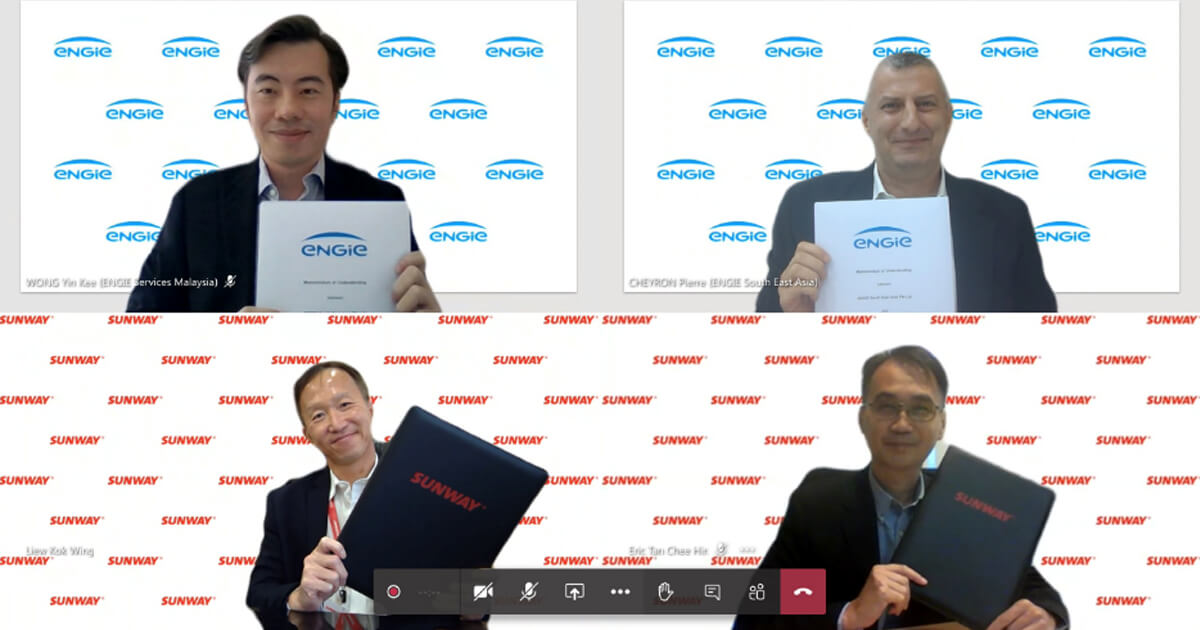Growing a Sustainable Food Future
-
The world is at a pivotal moment. Climate change, population growth, and the relentless demand for food are pushing our planet to its limits. Global food demand is projected to increase by 50% by 2050, while climate change could reduce crop yields by up to 25% in the same timeframe.
-
Traditional farming methods are no longer sufficient to meet these challenges. Deforestation, biodiversity loss, and resource depletion are stark reminders that we must rethink how we produce food. Every year, we lose 10 million hectares of forest9, an area approximately the size of South Korea, to agricultural expansion.
For centuries, farming has been the backbone of human survival, feeding families and shaping entire civilisations. The Second Agricultural Revolution, which took place between the 1650s and 1900, began in England and gradually spread across Europe, ultimately influencing agriculture worldwide. This period saw major innovations that transformed how food was grown, such as systematic crop rotation, selective breeding, the mechanisation of agricultural production, and the development of large-scale irrigation systems. There was a reduced need for manual labour, enabling cities to flourish with increasing population growth as food production became more efficient and abundant. However, this progress came at a cost, as forests were cleared, soils became depleted, and farming increasingly relied on vast amounts of land and resources. Today, climate change is exacerbating these challenges by causing unpredictable weather patterns and extreme temperatures, threatening crop yields and food security. The challenge now is no longer just about producing more food but doing so in a way that sustains the health of our planet.
At Sunway, we believe the future of agriculture lies in innovation and sustainability. We see controlled environment farming as a transformative solution. By growing crops in controlled environments, we can optimise resource use, reduce waste, and minimise environmental impact. This allows us to increase food productivity and grow crops all year-round, independent of external weather conditions. Controlled environment farming conserves more water than traditional methods and eliminates the need for harmful pesticides. Additionally, it helps prevent freshwater pollution from excessive artificial fertiliser use, supporting planetary health by maintaining safe ecological boundaries. Most importantly, it enables higher food production on smaller plots of land, reducing the need to convert forests into farmland.
In Malaysia, over 35% of buildings remain vacant, yet new construction projects are still underway. Through Sunway XFarms, our flagship vertical farming initiative, we have repurposed underused spaces, such as empty buildings and rooftops for urban farming.

This allows us to grow fresh, nutritious produce in urban areas, closer to consumers, reducing the carbon footprint associated with transportation. In 2024, Sunway XFarms helped reduce over 4.6 million food miles, which refers to the distance food travels from where it is produced to where it is consumed.

By growing crops vertically, Sunway XFarms also achieves 15 times greater productivity than traditional open farming methods. This innovative approach allows for a more efficient use of space and resources in urban areas where land is scarce.
Sunway XFarms utilises state-of-the-art technologies, including hydroponics, aeroponics, and IoT-enabled systems, to monitor and optimise growing conditions. These technologies ensure that every plant receives the precise amount of light, water, and nutrients it needs to thrive. This approach also minimises the risk of pests and diseases, reducing the need for harmful chemicals and ensuring the sustainability of production. As a result, Sunway XFarms can consistently deliver high-quality, fresh produce year-round, regardless of external weather conditions.

The circular watering system used at Sunway XFarms not only conserves water but also contributes to a more sustainable farming model. By capturing and recycling water within the system, we can significantly reduce waste and lower the environmental footprint of water usage. This efficient system also mitigates the pressure on local water supplies, especially in urban areas where water scarcity can be a concern.
Vertical farming does come with its set of challenges. The initial investment in infrastructure and technology can be high, and the energy requirements for lighting and climate control are significant. However, these challenges are not insurmountable. At Sunway, we are committed to overcoming these barriers through innovation and collaboration. By leveraging renewable energy sources and improving energy efficiency, we can make vertical farming more sustainable. As technology advances, we can expect even greater efficiencies and lower costs. Innovations in AI-driven optimisation, new crop varieties, and circular economy practices will further enhance the viability of vertical farming.
The way forward is clear. We have the tools, the technology, and the ingenuity to transform agriculture into a force for good – one that nourishes both people and the planet.












